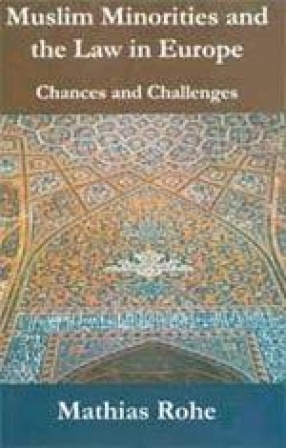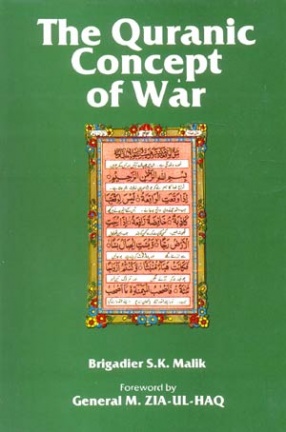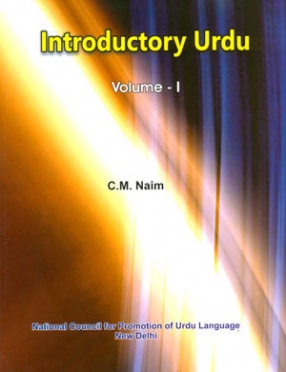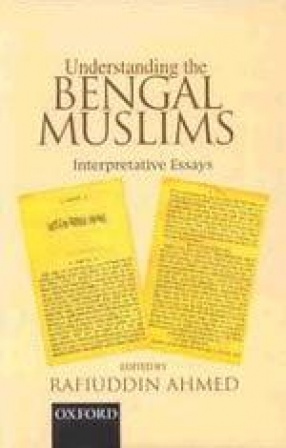Muslim Minorities and the Law in Europe: Chances and Challenges
Synopsis
Muslims are present in Europe since the early Middle Ages. Muslim culture once flourished in Andalusia, Sicily, the Balkan and other European regions. A widespread fruitful exchange between Muslims, Jews and Christians contributed to scientific, economic and cultural progress in Europe. Nevertheless, in many cases and over centuries the encounter between European Christian and Muslim was overshadowed by hostility and warfare. The Muslim conquest of European territory as well as the re-conquest and the colonial expansion of Europe created fear and an antagonist perception of the respective "other". Thus, both the existence of Muslim individuals and minority groups under European Christian rule and the existence of non-Muslims under Muslim rule were perceived as an exceptional case at best. In our days, the situation has changed fundamentally. In Europe, millions of Muslims are living in secular democratic states by their own choice, contributing to the societies they are living in and forming now a new part of European identity. European secular legal orders grant them religious freedom and equal rights. Nevertheless, certain challenges for both Muslims and European legal orders should not be neglected. Certainly, freedom of religion and equality before the law prevent legislation and administration from any religious bias. But current legal institutions were developed in a concrete historical and social framework, Christianity playing a major if not crucial role in this regard. The legal integration of Islam, being much less institutionalised than Christianity or Judaism, has become a challenge for European legal orders. They have to find ways for granting the full range of rights to Muslim individuals and groups by re-reading the existing rules without touching their validity as such. This book discusses the above issues and tries to find out answers for questions like does Shari'a contain intrinsic instruments to develop rules in consistence with this binding legal framework? Are Muslims defining themselves as being a minority living in the diaspora? Are there perspectives for them to actively participate in societal institutions, based on a self-understanding of simply being an integral part of the societies they are living in?
Read more
22.50
20.25
$
25.00 $
Free delivery Wolrdwidе in 10-18 days
Ships in 1-2 days from New Delhi
Membership for 1 Year $35.00
Get it now and save 10%
Get it now and save 10%
BECOME A MEMBER







Bibliographic information